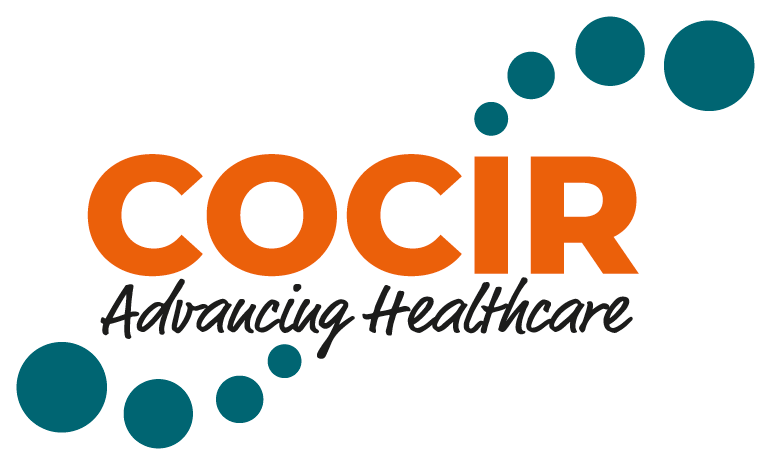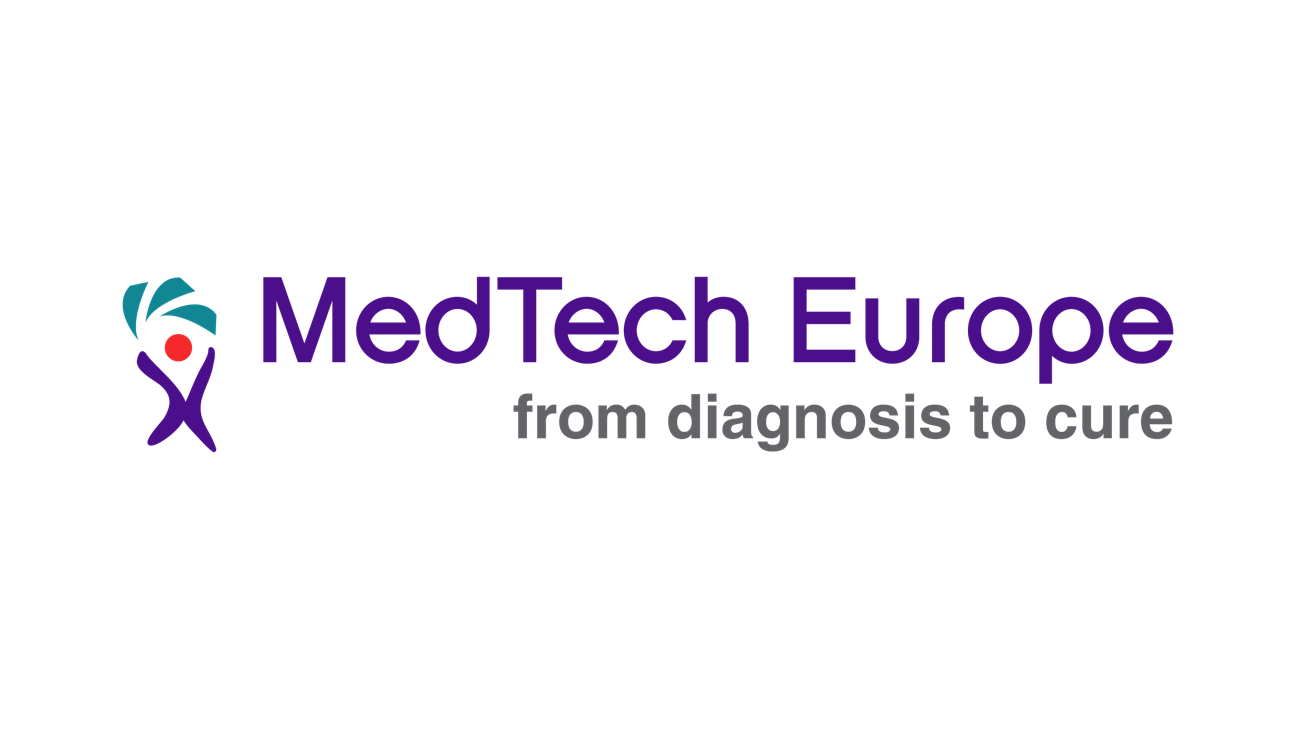ICARE4CVD
Develop and test new care pathways for cardiovascular diseases (CVD), using AI.
What?
ICARE4CVD is a 4.5-year Horizon Europe project. With an internationally leading consortium of 34 partners, iCARE4CVD aims to deliver validated prediction models for better diagnosis, risk stratification and prediction of response to treatment in CVD. They will be used to define new care pathways across the entire spectrum of CVD (i.e. from early risk to established HF) by using biomarkers and predictive algorithms to assess changes in risk and stratify patients based on their individual response to therapy. Patient involvement is essential in every component within the iCARE4CVD consortium.
Our role?
M&C is responsible for the work package where the algorithms are developed and tested with the help of Artificial Intelligence. This is done in close consultation with Novo Nordisk.
In addition, M&C is responsible for the bridge function between the technology partners and the clinical partners.
Relevance?
Cardiovascular diseases are one of the main causes of death in Europe and worldwide. They cost 17.9 million people their lives every year, mainly as a result of atherosclerotic CVD.
The overarching ambition of iCARE4CVD is to ensure that the prediction of the risk of cardiovascular diseases is meaningfully complemented by useful prevention and intervention approaches, so that slowing down disease progression becomes a reality. To achieve this, 6 major objectives of this ambitious project were formulated:
- Collecting and describing large patient cohorts covering all stages of CVD, from early risk to established heart failure and including healthy subjects as reference
- Setting up an aggregated database for sustainable collection and storage of data on individuals at risk of cardiovascular diseases and heart failure
- Identifying known and new biomarkers for early detection, monitoring and therapy guidance across the entire spectrum of subjects
- Ensuring involvement of key stakeholders, especially patients, identifying relevant PROMs and PREMs and gaining insight into the preferences and motivation of patients and caregivers
- Improving individualized diagnostics, risk and therapy models using AI
- Validating new patient-centered prediction models for diagnosis, risk stratification and response to therapy
Results?
Several scientific articles and research reports
Unique aggregated database with 1 million patients
New AI models for the treatment of cardiovascular diseases
New patient-centered prediction models for diagnosis, risk stratification and response to therapy
Cost-effective, new patient-oriented and stratified care pathways
Hajar Ghaem
Applied Data Scientist with focus on AI and machine learning technology in the health domain.
Lieven De Maesschalck
Innovation manager for the team, end-user driven with the aim of creating impact at the intersection of technology and wellbeing.







